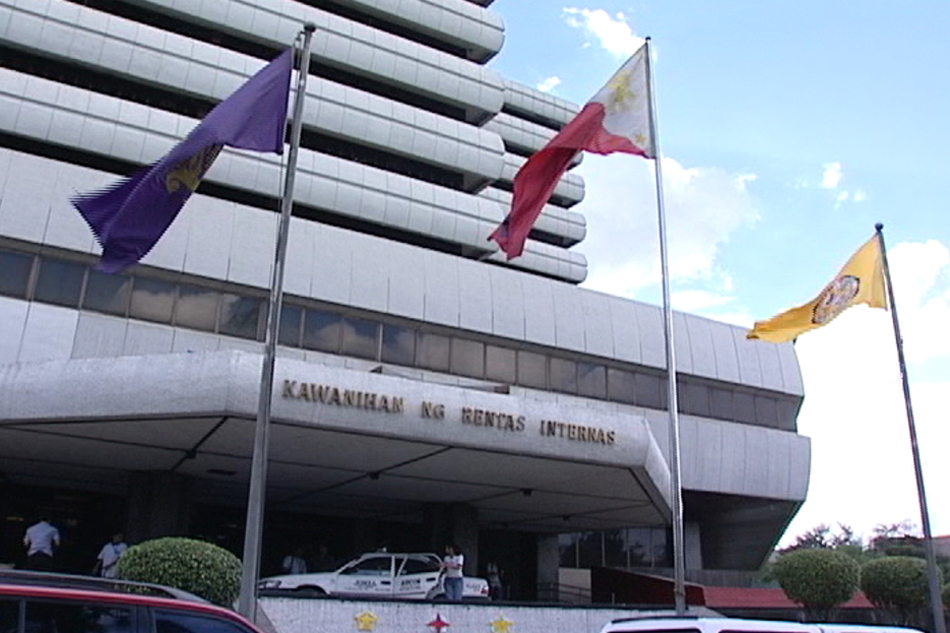
The country’s largest associations of private schools on Wednesday disclosed that some Bureau of Internal Revenue (BIR) offices in the regions are still charging 30-percent income tax rate despite the suspension of the order by the Department of Finance.
With this, the Coordinating Council of Private Educational Associations (Cocopea) called for the swift enactment of a clarificatory bill on income taxation of proprietary educational institutions.
“We received reports from our members that despite the ongoing legislative process and DOF’s suspension of BIR Revenue Regulation [RR] 5-2021, some BIR regions continue to impose a 30-percent income tax rate citing BIR Revenue Memorandum Circular [RMC]-67, Series of 2012,” said Dr. Anthony Jose M. Tamayo, chairman of Cocopea, which represents over 2,500 private educational institutions with over 300,000 school personnel.
These BIR regions, Tamayo stressed, continue to argue that RR 14-2021, which “suspended RR 5-2021 applies prospectively and does not apply to assessments involving prior fiscal years.”
Tamayo who is also the president of Philippine Association of Colleges and Universities added that these “unfortunate developments” only strengthen the urgency and significance of the enactment of the clarificatory bill expressed by its authors, which would serve as the lifeline of these educational institutions from the incorrect implementation of Section 27B of the Tax Code that puts them on the brink of closure.
He said this is why they are appealing for the swift enactment of the bill which aims to secure with finality the grant of preferential tax rate of 10 percent for proprietary schools, including the temporarily lowered rate of 1 percent during the pandemic, under the Corporate Recovery and Tax Incentives for Enterprises Act (CREATE Act).
Once signed into law, the bill would make private schools qualified for a concessionary tax rate of 1 percent under CREATE Act, instead of the 150-percent increase imposed by a recent regulation by the Bureau of Internal Revenue.
“As the Philippine economy gradually and safely reopens, which includes the safe reopening of our schools to face-to-face learning starting November 15, 2021, the enactment of this bill would allow the educational institutions to focus on their efforts to ensure safety of students, teachers, and school personnel in campus,” said Tamayo.
He said the bill would give private schools the financial assurance and security to allow them to sustain their operations for the remainder of the academic year despite having suffered another substantial decline in enrollment since the pandemic began in March 2020, with enrollment dropping to 1.9 million students from around 4.3 million before the pandemic.
“The millions of stakeholders of the private education sector and the linked ecosystem that depend on the continuity of our schools eagerly await the enactment of this landmark legislation,” Tamayo said.
More importantly, he stressed that the clarificatory bill will finally put to rest all ambiguities in the grant of preferential tax rate of 10 percent to proprietary educational institutions since the enactment of the National Internal Revenue Code in 1997, and even prior.
Other groups pushing for the immediate enactment of the bill are Davao Colleges and Universities Network Association of Private, State Colleges, and Universities in Region 11, Bicol Association of Private Colleges and Universities, and CESAFI Association of Cebu Private Schools.

